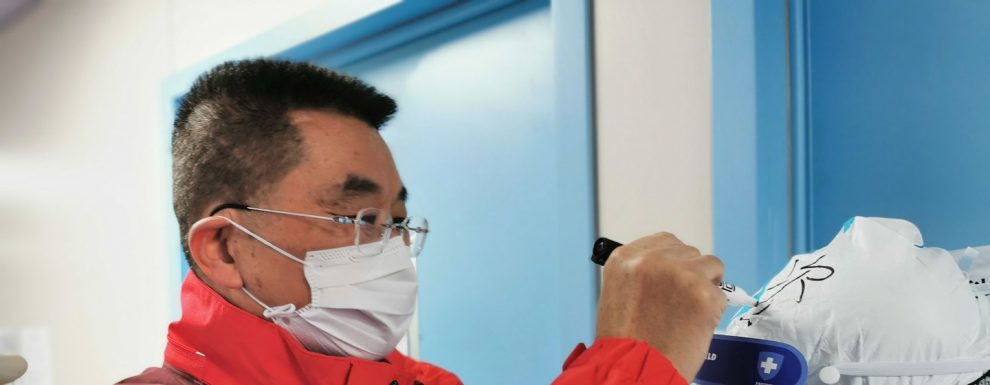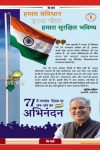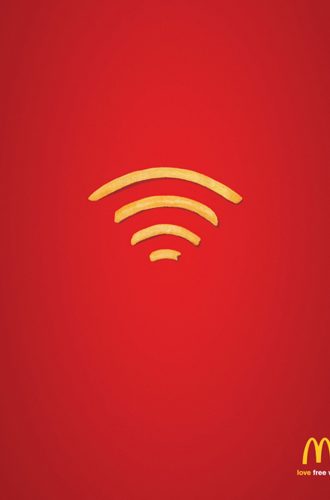Health 28 March 2020
Xiang Lu is one of the thousands of Chinese doctors who was dispatched to fight the COVID-19 outbreak in the hardest-hit province of Hubei, as it reached its peak. When UN News spoke to him on 23 March, he said that the situation is vastly improved and he may, at last, be able to return home.
Since the original outbreak of the coronavirus in Hubei, China, at the end of January, 346 medical teams, from 29 Provinces in China, have been sent to Hubei to save lives, aiding local medical teams.
The hospital that Xiang oversees, the Yifu Affiliated Hospital of Nanjing Medical University, got notification to go on the mission, on 24 January, just before Chinese New Year, the most important time for people to return home and reunite with family. This is an edited and translated version of the interview conducted by our colleagues from the UN News Chinese team.
A battalion assembled overnight – Jiangsu Medical Mission at the airport to head to Hubei Province., provided by Lu Xiang
“So many medical staff volunteered to go, that they had to be put on a waiting list. The first batch of medical personnel, six doctors and nurses, was dispatched from our hospital on 25 January.
With over 30 years of experience, I was eager to contribute to the front line, but the severity and massive scale of the epidemic was also intimidating. I eventually got the phone call to go on 10 February, and I was told that I was going to lead a team to the city of Huangshi. In less than 24 hours, I had to assemble a temporary medical team of 310 people from a dozen hospitals, so I was really pressed.
I didn’t know some of the medical staff, and I’m not familiar with Huangshi, but I knew that my management and clinical experience would be helpful on the front line. All the people on the mission were very willing to participate in this battle. I remember feeling under pressure and stressed, but also full of confidence.
At that time, the epidemic in Huangshi was close to its peak. By the time we arrived, there was close to 800 patients, including around 100 in a critical condition. The medical staff were very tired, and there was a shortage of protective materials.
Clearly, our medical team had arrived at the most difficult time and the most intense period of the battle against the virus. It was really difficult: if the conditions are poor, there is no way to fight the war.
No time to eat – For the first two weeks, we worked almost around the clock. There was almost no time to eat, let alone to contact our families. We renovated the hospital to increase the number of beds, and concentrated critical patients in one of the best-equipped hospitals.
I even worked as a temporary carpenter to transform general wards into intensive care wards that met the national standards overnight!
Although there is no medication to cure COVID-19, my experience is that it is important to diagnose and seek to treat patients as early as possible. I have seen some encouraging cases: a 93-year-old patient in critical condition recovered, and another patient was discharged from hospital after two rounds of ventilator intubation.
Doctors don’t fear hardships, but misunderstanding
Since the beginning, the World Health Organization (WHO) and the international organizations made objective assessments of China’s fight against the epidemic and made correct decisions. I think this was a sign of solidarity and support.
Coronavirus Portal & News Updates – Readers can find information and guidance on the outbreak of the novel coronavirus (2019-nCoV) from the UN, World Health Organization and UN agencies here.For daily news updates from UN News, click here.
Not being misunderstood by others is, I think, the most important thing. As doctors, we are not afraid of hardship, we ’re not afraid of fatigue. But we hope that people can understand us in the right way, especially in difficult times such as these.
Facing pandemic: Don’t Panic! Next week, my team will complete its mission and return home. I’m pleased to say that none of our medical team members and local medical staff were infected. For the general public, my main message is “don’t panic!”.
When Wuhan saw a big rise in cases, many people were panicked, and flocked to the hospitals, which caused cross-infection. So, stay calm, and stay indoors whenever possible. This is the most important experience that I want to share.”
First Person: Heartbreak and hope – one doctor’s story from China’s coronavirus ground zero





















Add Comment